Exploring Criminal Liability: Criminal Law Fundamentals
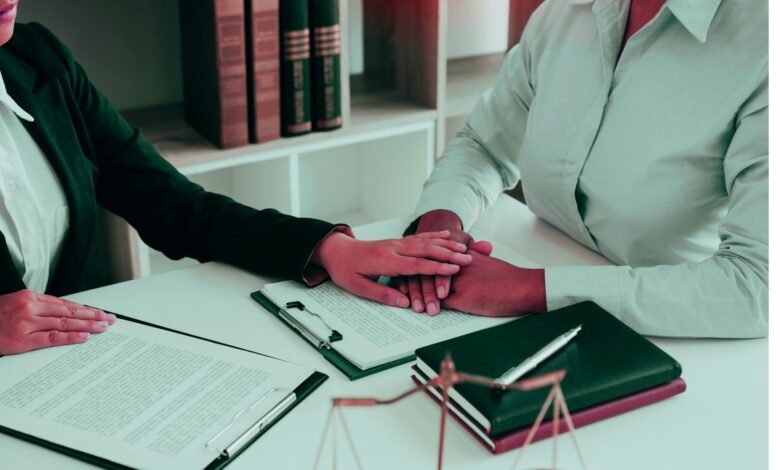
In the realm of jurisprudence, criminal law is a fascinating and complex domain that plays a crucial role in maintaining social order and ensuring justice is served. Understanding the fundamental principles of criminal liability is essential for both legal practitioners and anyone interested in the intricacies of the legal system. This article delves into the intricacies of criminal liability, offering insight into its core principles, key elements, and its significance in the criminal justice system.
The Concept of Criminal Liability
Criminal liability is a legal concept that establishes the responsibility of an individual for their actions. It holds a person accountable for the commission of a crime, resulting in legal consequences. This concept is rooted in the belief that individuals are responsible for their conduct and should face penalties for unlawful acts.
Actus Reus and Mens Rea
One of the foundational principles of criminal liability is the requirement of both “actus reus” and “mens rea.” The former pertains to the physical act of committing a crime, while the latter relates to the mental state or intent behind the act. Both elements must be proven to establish criminal liability.
Causation
Causation is another critical aspect of criminal liability. It involves demonstrating a direct link between the defendant’s actions and the resulting harm. Proving causation is essential to establishing that the defendant’s actions were the primary cause of the harm.
Criminal Defenses
Understanding criminal defenses is vital for anyone involved in the criminal justice system. These defenses can include self-defense, insanity, and necessity, among others. They provide individuals accused of a crime with legal arguments to counter the charges.
Strict Liability Offenses
Some crimes are considered strict liability offenses, meaning that the prosecution does not need to prove mens rea. These offenses often involve regulatory matters and place a heavier burden on individuals to ensure compliance with the law.
Elements of a Crime
Every crime has specific elements that must be proven in court. These elements vary from offense to offense, but they are the building blocks for establishing criminal liability.
Felonies and Misdemeanors
Criminal law distinguishes between felonies and misdemeanors, each with varying degrees of severity and penalties. Felonies are more serious crimes and carry harsher consequences, while misdemeanors are less severe but still subject to punishment.
Read More: What Education Is Necessary to become a lawyer?
Criminal Procedure
The criminal justice system has a structured procedure for handling criminal cases. This process involves arrest, arraignment, trial, and, if necessary, sentencing. Understanding these steps is vital for all those involved in criminal law.
The Role of Intent
Intent plays a pivotal role in determining criminal liability. A person’s mental state and intentions at the time of committing an act are crucial factors that can influence the charges brought against them.
Criminal Liability in Different Jurisdictions
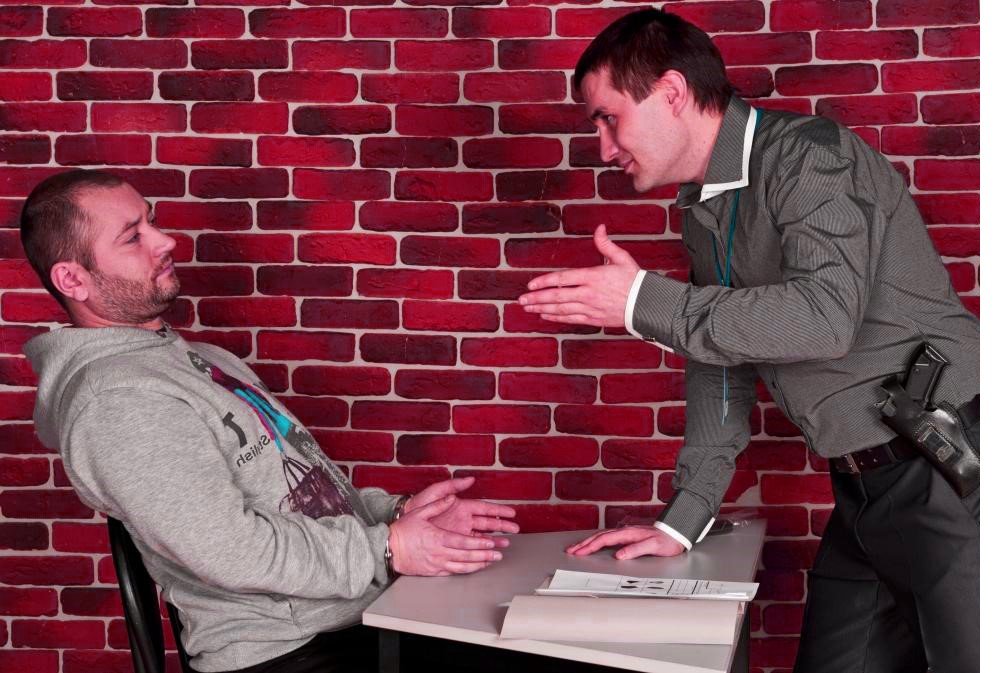
Criminal law can vary significantly from one jurisdiction to another. The definition of crimes and the applicable penalties can be distinct, making it important to understand the specific laws of the region.
Punishment and Sentencing
Once criminal liability is established, the court must determine the appropriate punishment. This may involve fines, probation, incarceration, or a combination of these. Sentencing considerations vary depending on the circumstances of the crime and the defendant’s history.
Notable Criminal Cases
Exploring famous criminal cases is a valuable way to grasp the complexities of criminal liability. Landmark cases, such as the O.J. Simpson trial and the Nuremberg Trials, have left a lasting impact on the legal world.
The Evolution of Criminal Law
Criminal law has evolved to adapt to changing social norms and values. Understanding its historical development sheds light on the principles and values that underpin contemporary legal systems.
Read More: A Guide to Law Firm Challenges in the Next 5 Years
Conclusion
In conclusion, criminal liability is a fundamental concept in the realm of law. It encapsulates the idea that individuals are responsible for their actions, and the legal system ensures that those who commit crimes are held accountable. As we’ve explored, understanding the elements of criminal liability, the role of intent, and the criminal justice process is vital for anyone with an interest in this dynamic and ever-evolving field.
FAQs
What is the difference between a felony and a misdemeanor?
A felony is a more serious crime, typically punishable by imprisonment for more than a year, while a misdemeanor is a less severe offense with lighter penalties.
Are there any defenses that can absolve someone of criminal liability?
Yes, various defenses, such as self-defense, insanity, and necessity, can be used to argue against criminal liability.
How does criminal law vary from one jurisdiction to another?
Criminal laws can differ significantly between jurisdictions, with varying definitions of crimes and penalties. It’s essential to understand the specific laws in your region.
Can someone be held criminally liable without intent?
Yes, in strict liability offenses, intent is not a requirement for establishing criminal liability. Compliance with the law is sufficient for prosecution.
What role does precedent play in criminal law?
Precedent, set by previous court decisions, is a crucial aspect of criminal law, as it provides guidance and consistency in the interpretation and application of the law.





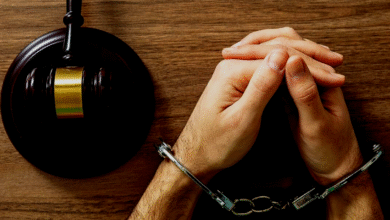

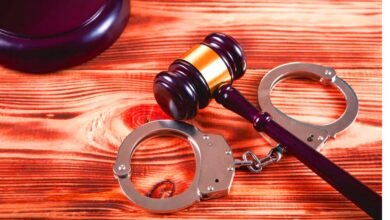

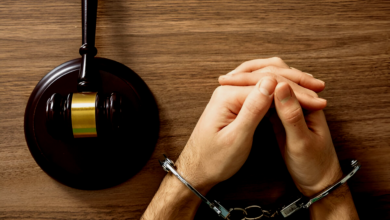


One Comment